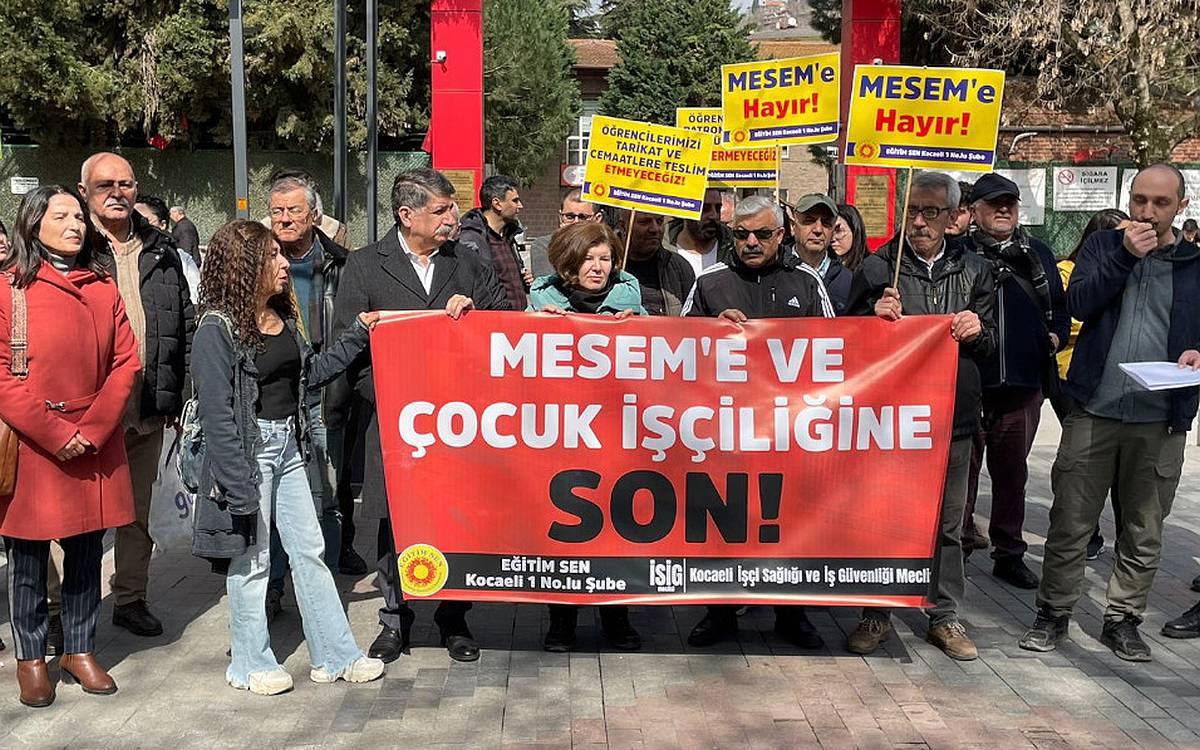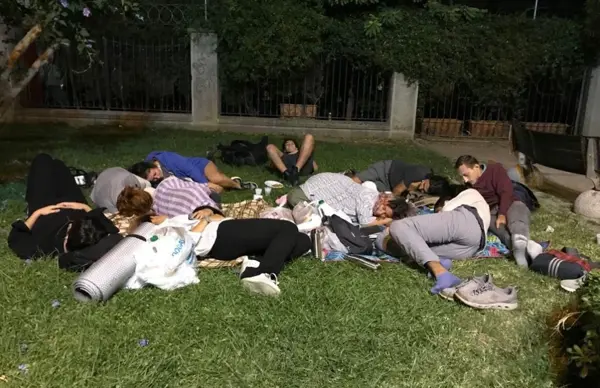Turkey’s Vocational Education Centers (MESEM) are facing growing criticism and scrutiny following reports of student deaths and inadequate working conditions.
These centers are designed to provide vocational education to high school-level students through a practical and work-based learning approach. However, the critics say that they legitimize child labor, pointing out that they are mostly preferred by the children of low-income families.
MESEM was brought under the formal education system in 2016, with significant expansion during the tenure of former Minister of Education Mahmut Özer between 2021-23.
“We need to increase the integration between the labor market and education processes,” Özer had said about the centers in January 2023. “We must make the working environments of the labor market a part of education so that we can be strong in vocational education. The most significant opportunity for this is the vocational education centers, which are critical for small and medium-sized enterprises.”
Nine work-related deaths in 2024
In the first seven months of 2024, nine high school students participating in MESEM programs lost their lives in work-related incidents.
Educational researcher Kayıhan Kesbiç from the Education Reform Initiative (ERG) noted that MESEM programs gained popularity in 2021-2022, complicating oversight and quality assurance.
"Previously, businesses in agreement with the Ministry of National Education could accept a certain number of students based on the number of skilled trainers available," he explained. "But with the ease of becoming a trainer and the increased number of students allowed, tracking, quality, and oversight have been negatively affected."
Cheap labor
Murat Çakır, general coordinator of the Health and Safety Labor Watch (İSİG), a group monitoring work-related deaths across the country, also raised concerns about the safety of the workplaces where students are sent.
According to Çakır, students are often employed for five to six days a week, working 10 to 12 hours a day, and are used as cheap labor in factories, construction sites, and service sectors. He describes these environments as lacking essential safety measures.
"Children are pushed into the workforce under the guise of learning skills, but they are subjected to all kinds of tasks, regardless of suitability, such as plastering, carrying loads, and tying rebar," said Çakır. He noted that these students earn only a third of the minimum wage.
Çakır further elaborated on the economic pressures driving families to enroll their children in MESEM programs. The ongoing economic crisis forces families to seek additional income sources, making these programs an appealing option because students can earn money while studying, he asserts.
This situation leads to multi-faceted exploitation, he warned. "The most extreme outcome is death; beyond that, there are injuries, physical development issues, and a lack of pedagogical growth. Overall, these children are oppressed. Even adults have difficulty asserting their rights, but in this context, there's no such possibility."
"Without a collective pushback, it is evident that these problems will persist,” added Çakır. (PÖ/RT/VK)










